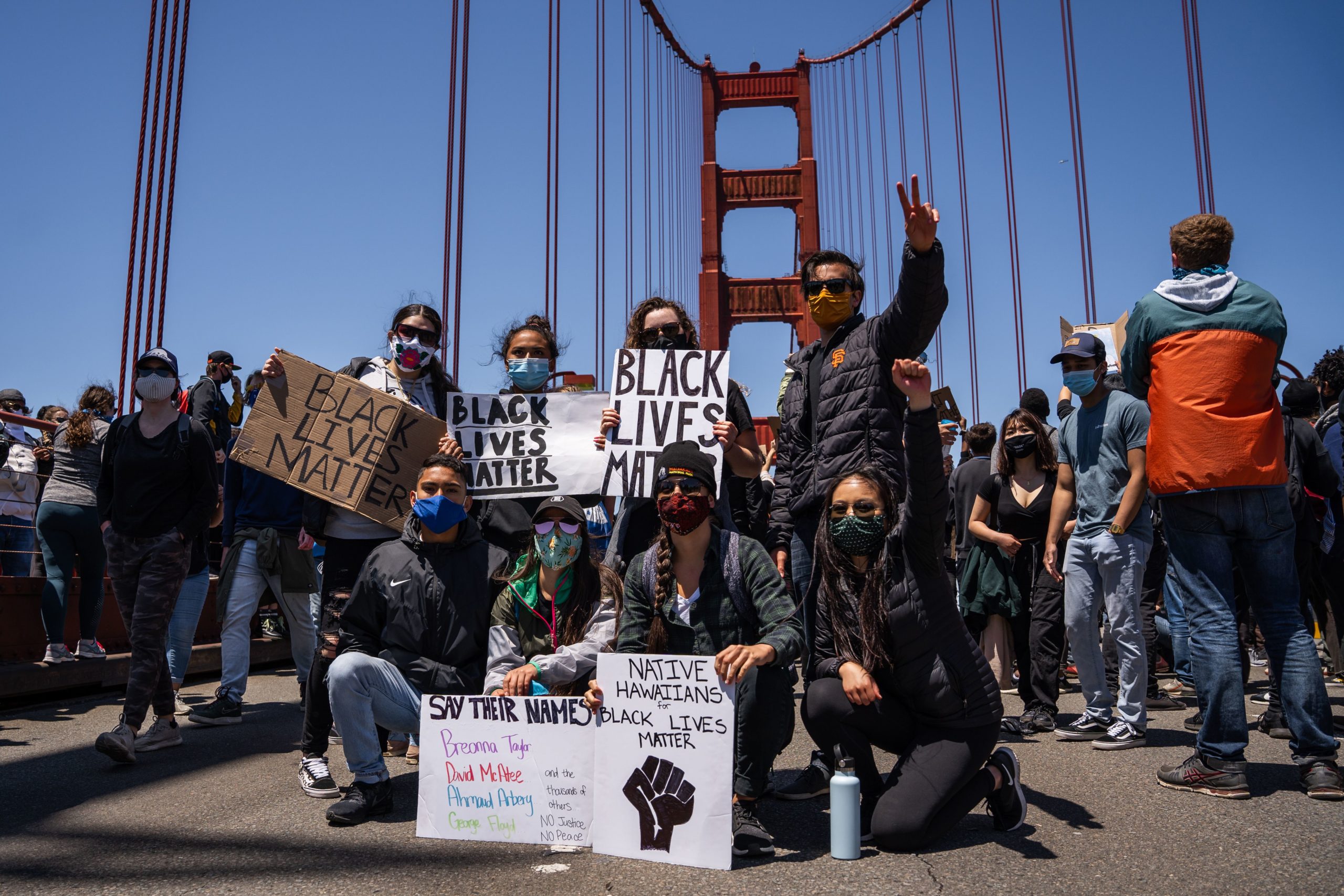A reparations committee in San Francisco explained how they arrived at the recommended amount Black residents could receive for discrimination.
Eric McDonnell, chair of the committee and the principal of Peacock Partnerships, a consulting firm based in the city, told The Washington Post, “There wasn’t a math formula.”
He added, “It was a journey for the committee towards what could represent a significant enough investment in families to put them on this path to economic well-being, growth and vitality that chattel slavery and all the policies that flowed from it destroyed.”
The Post noted the city’s African American Reparations Advisory Committee recently recommended Black residents who qualify should receive $5 million each.
The report published by the committee says the residents should receive the amount for “the public policies explicitly created to subjugate Black people in San Francisco by upholding and expanding the intent and legacy of chattel slavery,” per the Post.
The proposal reportedly does not say who should qualify.
However, if even close to the 50,000 Black residents living in San Francisco qualify, it would take up a large part of the annual budget for the city, as the Post reported.
“This is just a bunch of like-minded people who got in the room and came up with a number,” John Dennis, chairman of the San Francisco Republican Party, said.
He continued, “You’ll notice in that report, there was no justification for the number, no analysis provided. This was an opportunity to do some serious work and they blew it.”
Even William A. Darity Jr., an economist and advocate for reparations, told the Post the amount should be “realistic.”
He explained, “Calling for $5 million payout by a local government undercuts the credibility of the reparations effort.”
According to the Post, the report by the committee is expected to be released in June.
San Francisco is not the only city seeking to pour money into reparations.
Last week, the Shelby County Commission approved a whopping $5 million to launch a program for reparations in Memphis and Shelby County, Tennessee.
The amount will reportedly be used to study disparities between Black and white people in the county as well as provide funding into programs to decrease them.
District 9 Commissioner Edmund Ford sponsored the bill and said the “practices of our government are disenfranchising a certain subgroup of our population, which happens to be a majority here, and I just think that when you see phenomena like this that should not make sense that show a clear imbalance that we should do our due diligence to right those wrongs.”
Some county commissioners expressed their opposition to the bill.
“Personally, I see this resolution as un-American in a lot of ways,” District 4 Commissioner Brandon Morrison said.
He continued, “I believe it would not help the Black people, but rather it would hurt them, that’s the way I see it, and I think the money would be much better spent with workforce initiatives and finding ways to elevate, as we’ve been trying to do all along.”

























 Continue with Google
Continue with Google